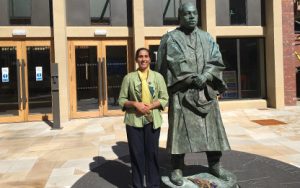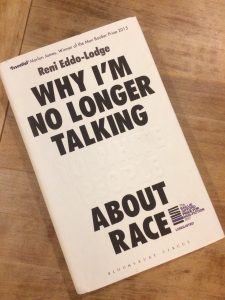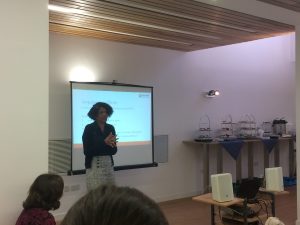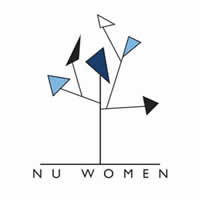 The NU Women Professional Services Network (NUWPSN) is a subcommittee of NU Women. It’s a supportive community of and for women professional staff at Newcastle University. It was established in November 2016, due to demand from professional staff within NU Women for activity more targeted and tailored for them.
The NU Women Professional Services Network (NUWPSN) is a subcommittee of NU Women. It’s a supportive community of and for women professional staff at Newcastle University. It was established in November 2016, due to demand from professional staff within NU Women for activity more targeted and tailored for them.
I spoke to Hilary Noone, a School Research Administrator at Newcastle University Business School and Chair of NUWPSN, to find out more about why you should become a member of NUWPSN.
Why did you decide to join NUWPSN?
I joined NU Women a number of years ago on the suggestion of my line manager at the time. I attended one of the career conversation events and found the honesty and insights brilliant. I was amongst a number of volunteers who to help set up NUWPSN, as I wanted to use my passion for gender equality to create opportunities for Professional Services (PS) women to connect and address issues in the productive way the NU Women group had for academic colleagues.
Since then, the network has helped me to meet lots of colleagues across the University and learn that we are all facing similar challenges, which without this knowledge and the community that’s out there, can feel like you’re the only one. Personally, it has given me a sense of belonging to a great community with great purpose where everyone is valued. It’s also given me insights and perspectives on challenges or opportunities I might never have otherwise come across. It’s exciting to be part of a community dedicated to women during such dynamic point in society; playing a small role in an important movement.
What has been your favourite NUWPSN event so far?
Personally, one of the most striking events has been the workshop developed by the NU Women PS committee, led by Nicola Dolman and the North Leadership Centre, on the ‘good manager’, which explored matters such as delegation and difficult conversations. We had heard this had become particularly hard for many female managers, due to increased pressure on PS resources and restructuring and tension between the two.
Afterwards, I bumped into a colleague coming back from one of the sessions, who they told me the workshops were so well timed. Before the session, they had felt like they were ready to give up their role, but the guidance and peer support had given them the motivation to carry on. It really hit home how important the support the network offers is and the positive impact it can have, most importantly to an individual, but also to their colleagues and the University.
What would you tell someone who was looking to get involved with the network?
The network is a community and so you can get involved in so many ways. Engage by sharing experience and insights, suggest topics for future events, raise issues which the committee can help address, volunteer on the steering committee to organises the events and activities, and champion each other in the workplace.
NUWPSN often ask for volunteers to help with events by sharing their experiences with others. This has been key in the success of their graded round table discussions, which allowed the opportunity to ask burning questions on how someone got to a particular grade, the work life balance, can it be done part time, and how they manage the day-to-day personal and professional responsibilities with career progression. This offers an informal opportunity to reality check aspects which may be important to career development decisions.
Where you might see the network going in the future?
I’m excited about the future for NU Women Professional. At the end of last academic year we replenished our steering committee with representation across all areas and grades and the perspectives and energy feels like this will really be a great year for the community. We’re especially looking forward to working closer with our EDI networks and groups to develop an even wider community.
Events planned for this year include a careers drop in for support with CV’s and applications, and a joint session with NU Women on the latest concepts which can support workplace wellbeing.
Plans are also underway for NU Women and NU Women Professional to become part of developing regional and national networks for women in Higher Education. The opportunities these will create for gender and community members are exciting.
To read more about NU Women Professional Services Network, please see this page. They also keep joint social media channels with NU Women, so you can follow them on Twitter @NU_Women or visit their blog.

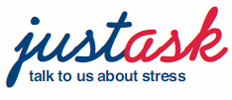 Today (Wednesday 10th of October) is
Today (Wednesday 10th of October) is  We spoke to
We spoke to 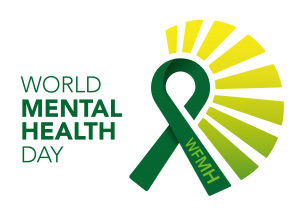
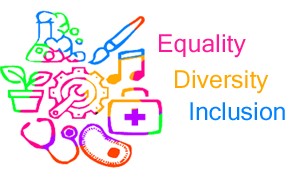 NU TechNet is a staff network run by Technicians, for Technicians, to give them a voice and help them to feel valued at work.
NU TechNet is a staff network run by Technicians, for Technicians, to give them a voice and help them to feel valued at work. How has TechNet helped you personally?
How has TechNet helped you personally?